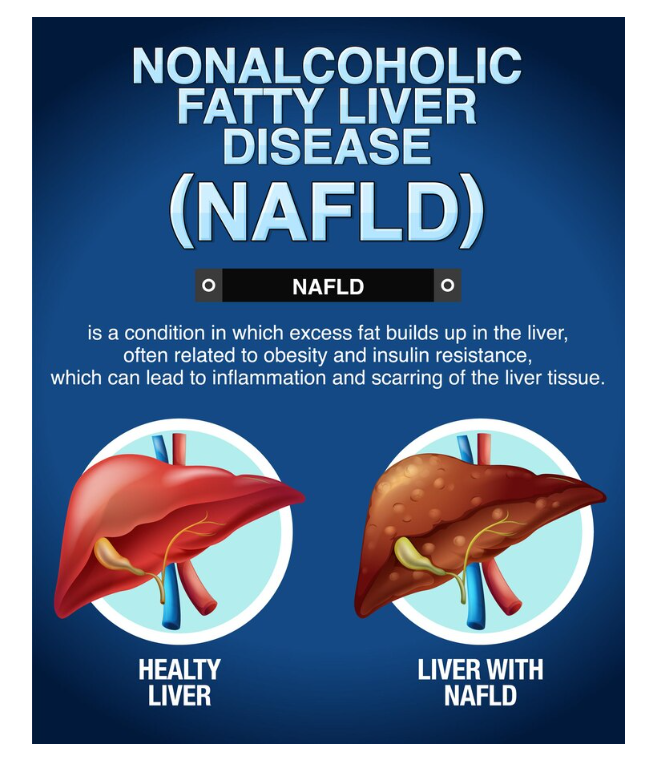
Hepatitis B and Liver Health: Long-Term Implications
Introduction: Hepatitis B can have long-term implications for liver health. Let’s explore how this viral infection can impact your liver over time.
Understanding Hepatitis B and Liver Health
Hepatitis B is a viral infection that primarily affects the liver. While some people with Hepatitis B may not experience any symptoms, others may develop chronic Hepatitis B, leading to liver inflammation and potential long-term complications.
Long-Term Implications
- Liver Damage: Chronic Hepatitis B can cause ongoing inflammation in the liver, leading to progressive liver damage over time. This can increase the risk of developing liver fibrosis, cirrhosis, and even liver cancer.
- Liver Cirrhosis: Cirrhosis is a late stage of liver disease characterized by scarring of the liver tissue. Over time, cirrhosis can impair liver function and lead to complications such as fluid buildup in the abdomen (ascites), easy bruising or bleeding, and confusion (hepatic encephalopathy).
- Liver Cancer: Chronic Hepatitis B infection is a significant risk factor for the development of liver cancer (hepatocellular carcinoma). Over time, persistent inflammation and liver damage can increase the likelihood of cancerous changes in the liver cells.
Managing Liver Health
While Hepatitis B can have serious implications for liver health, there are steps you can take to manage the condition and reduce the risk of long-term complications:
- Regular Monitoring: Routine monitoring of liver function and viral load is essential for assessing disease progression and guiding treatment decisions.
- Lifestyle Modifications: Adopting a healthy lifestyle, including maintaining a balanced diet, avoiding alcohol and harmful substances, and exercising regularly, can support liver health and overall well-being.
- Medical Treatment: In some cases, antiviral medications may be prescribed to manage Hepatitis B and reduce the risk of liver damage and complications.
Conclusion
Hepatitis B can have significant implications for liver health, but with proper management and care, it’s possible to reduce the risk of long-term complications. By staying informed, working closely with healthcare providers, and adopting healthy lifestyle habits, individuals with Hepatitis B can take proactive steps to protect their liver health.
To seek medical advice, always consult a Doctor. Here are our recommended experts. Click here
To read more on Respiratory disease . Click Here


